DALLAS — Delta Air Lines' (DL) Chief Operating Officer, Michael Spanos, is set to leave the airline next week after just over a year in the role. His departure comes on the heels of Delta's recent struggles to recover from a significant global technology outage, which led to the cancellation of thousands of flights.
Spanos, who joined Delta in June 2023 after a long career with PepsiCo and as CEO of Six Flags Entertainment, is one of three executive vice presidents at the Atlanta-based airline. Despite his brief tenure, Delta CEO Ed Bastian credited Spanos with improving the airline's performance.
Delta has not disclosed the reasons for Spanos' departure, but he is expected to receive severance benefits per the company's plan for officers and directors. Spanos earned US$8.6 million in compensation last year, mainly through stock awards.
Spanos informed Bastian earlier this summer of his intention to leave, a decision reportedly made before the tech outage. He will transition to another company in September, though its name has not been disclosed.
Delta was severely impacted by the recent tech outage, which was caused by a faulty upgrade from cybersecurity firm CrowdStrike on Microsoft Windows systems.
While other airlines recovered within a few days, DL struggled for five days, resulting in about 7,000 canceled flights. The U.S. Transportation Department is investigating the incident, and the carrier is seeking US$500 million in damages from CrowdStrike and Microsoft, who have denied any wrongdoing.
"We have made clear to Delta that they must take care of their passengers and honor their customer service commitments. This is not just the right thing to do," said Buttigieg, "it's the law, and our department will leverage the full extent of our investigative and enforcement power to ensure the rights of Delta's passengers are upheld."
So, why is the Atlanta-based airline still struggling to recover from the CrowdStrike-Microsoft IT outage?
- Scale of impact: The outage affected "upward of half" of Delta's IT systems, which are Windows-based. This widespread impact required manual repairs and reboots for each affected system.
- Timing: The outage occurred during one of the busiest travel weekends of the summer, with bookings exceeding 90% capacity, limiting Delta's ability to accommodate rebookings.
- Critical systems affected: Two crucial applications were particularly difficult to restart:
- The system managing traffic at Hartsfield-Jackson Atlanta International Airport (ATL), DL's biggest hub
- The crew-scheduling program for assigning pilots and flight attendants to flights
- Ongoing issues: Even after restarting systems, new problems continue to emerge, requiring further attention from IT staff.
- Cascading effects: The initial disruptions have led to out-of-position aircraft, crew members, and passengers, creating a complex logistical challenge.
- Relative preparedness: Other airlines, such as Southwest (WN) and Alaska (AS), which don't use CrowdStrike, experienced fewer cancellations.
Delta has announced that it will not be naming a new COO to replace him.

.jpg)
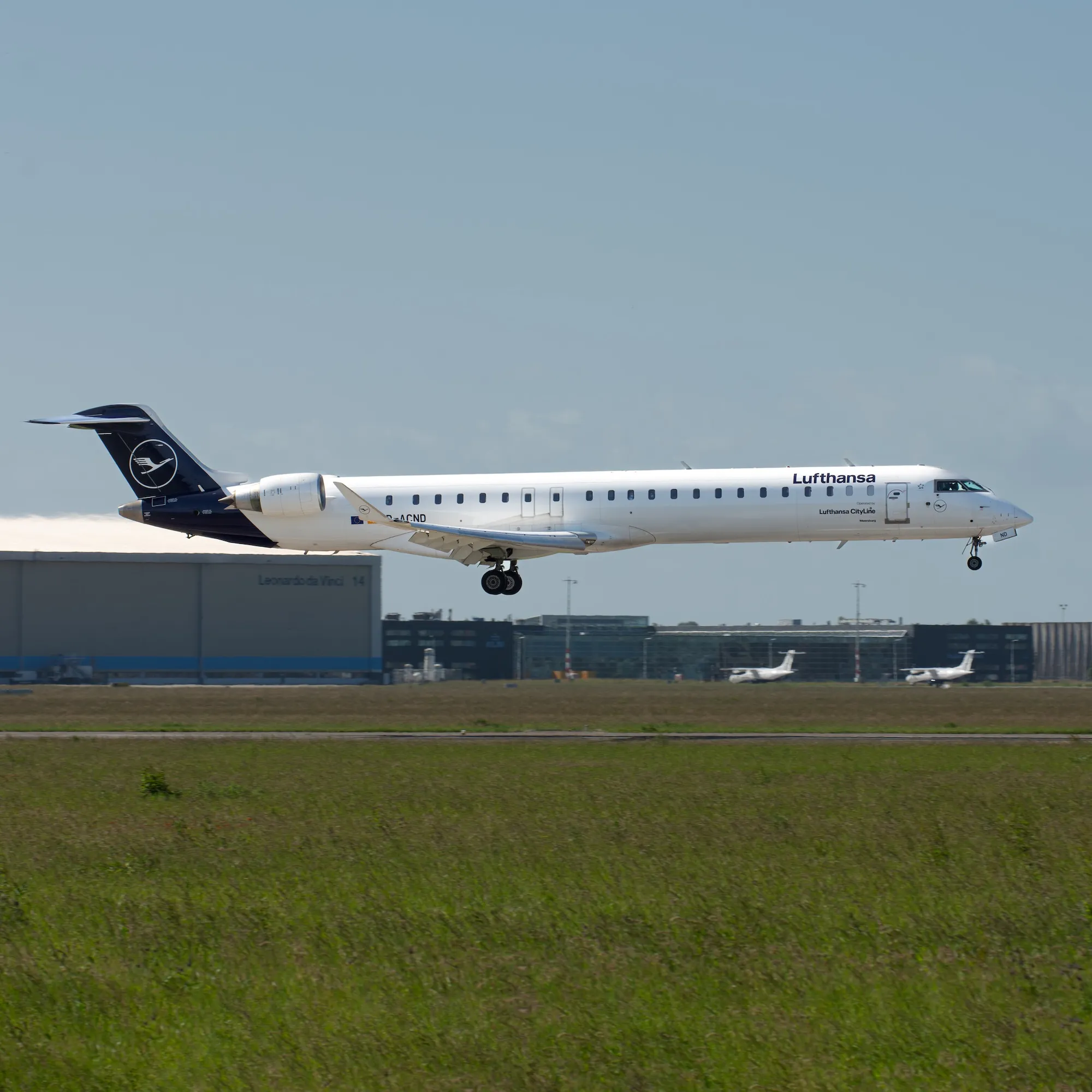
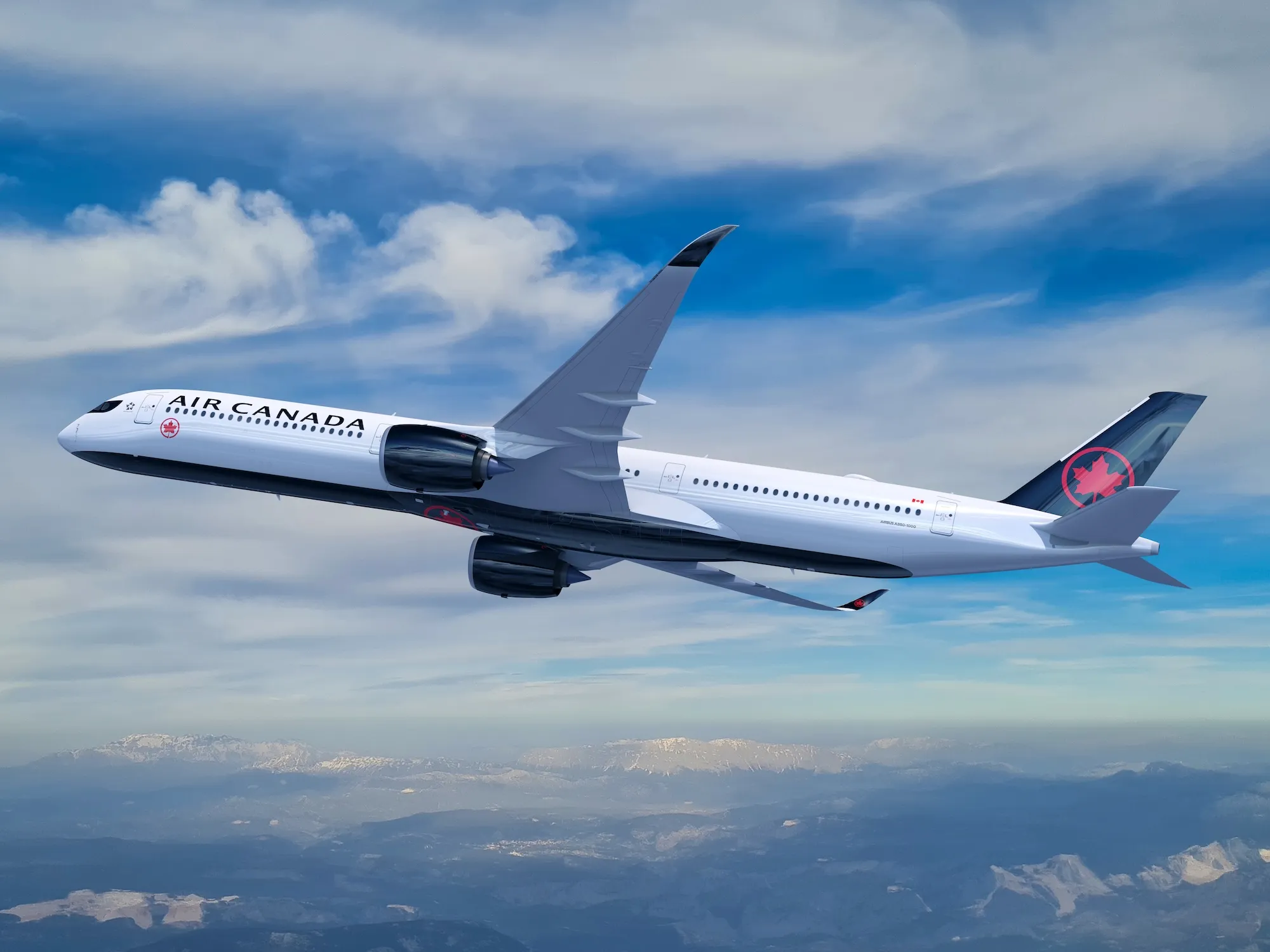
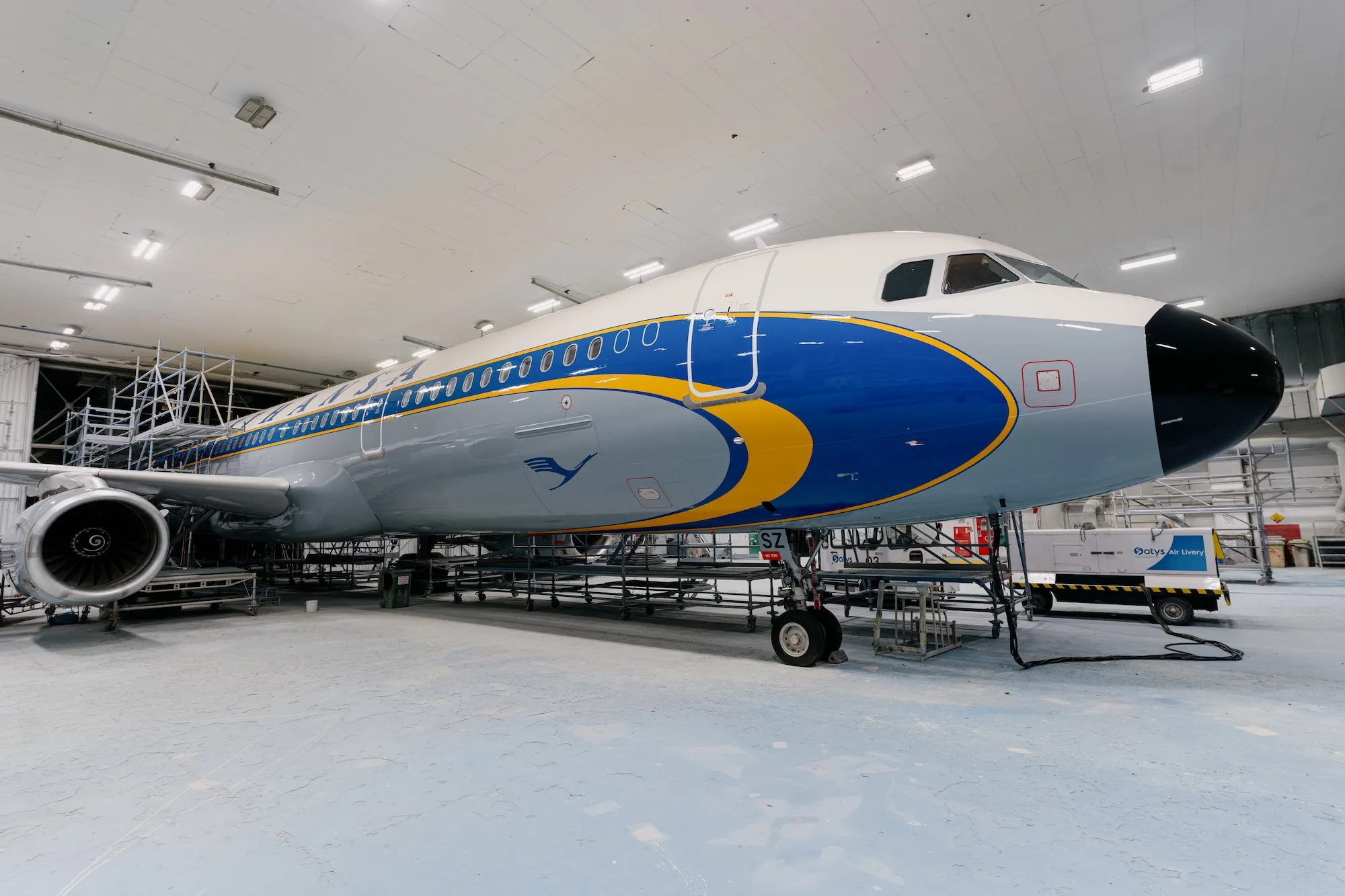
.webp)
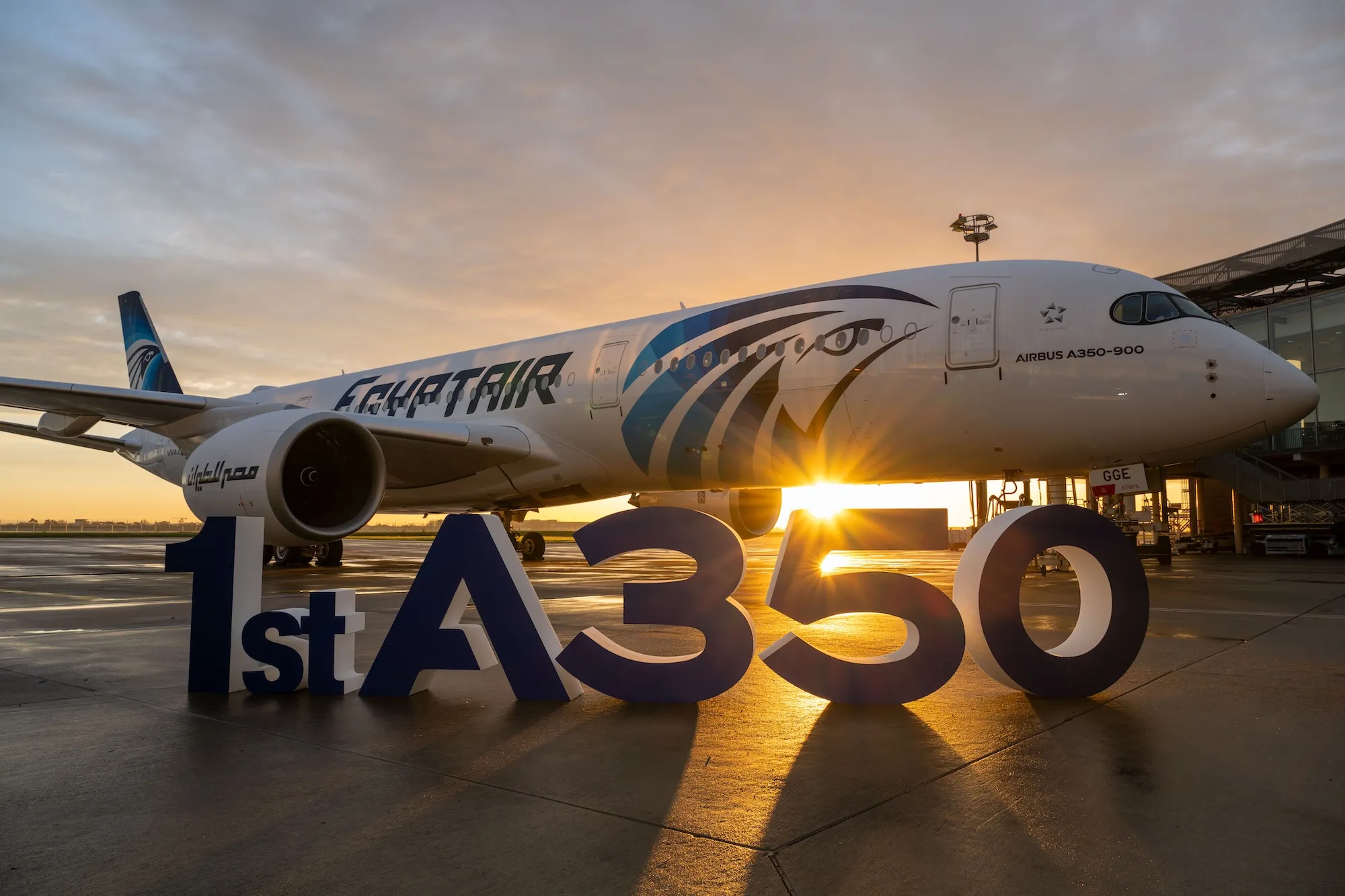


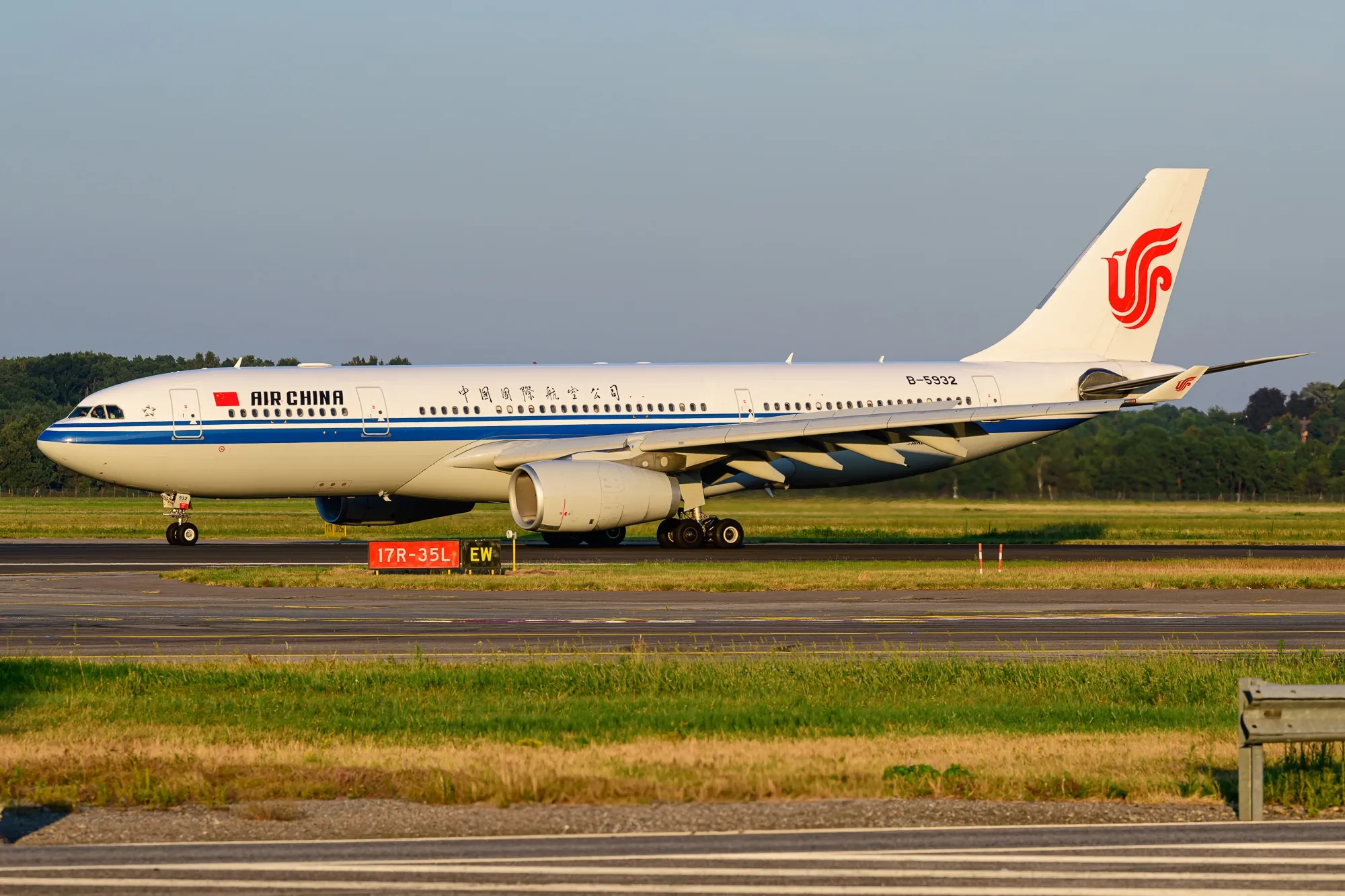
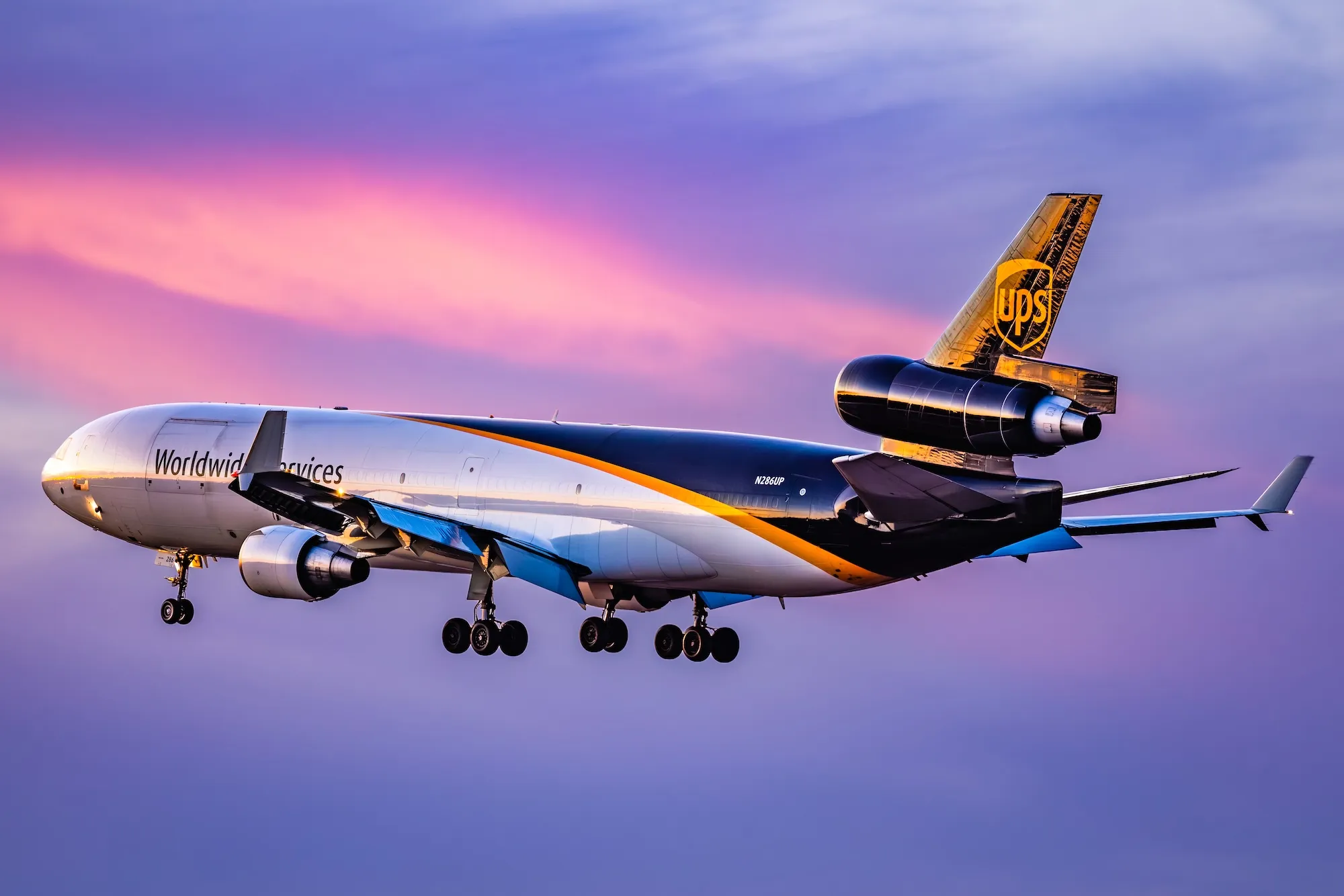
.webp)